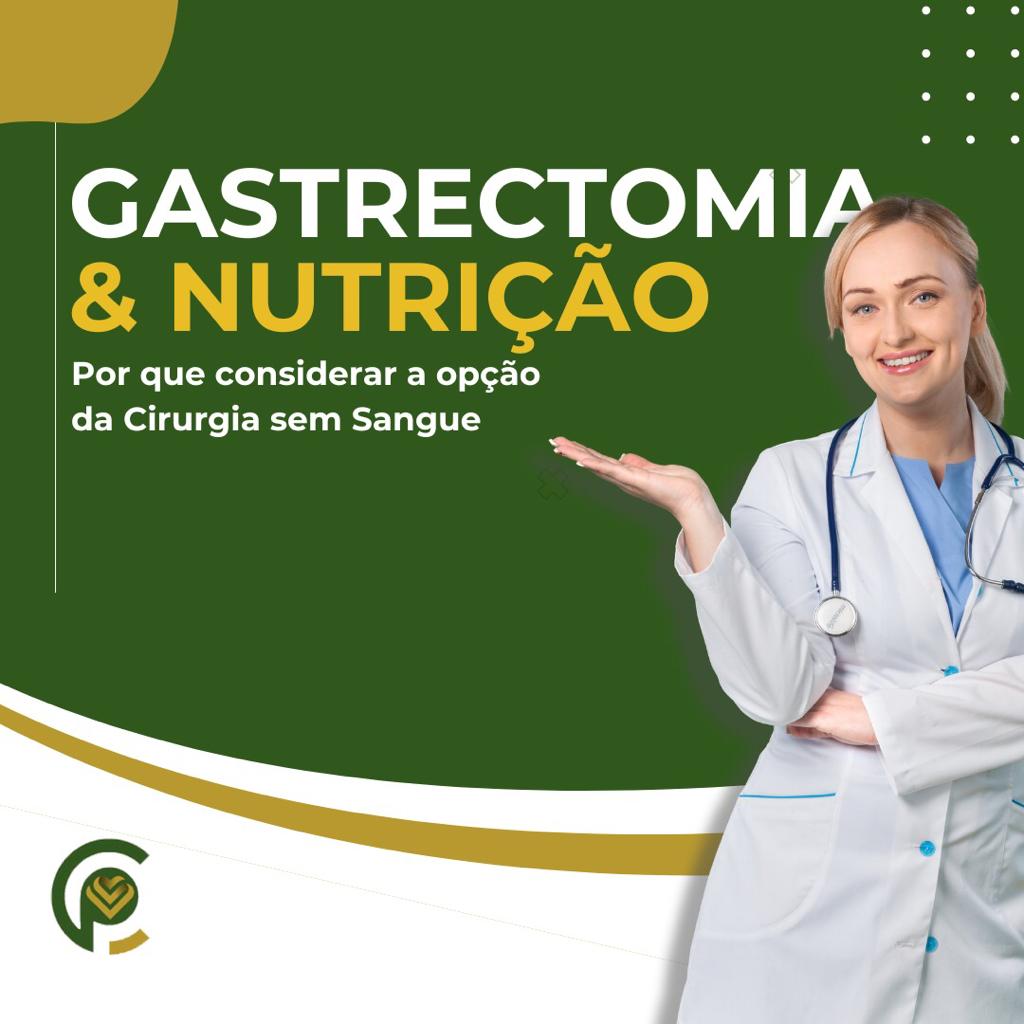Gastrectomy is a surgical procedure performed to fully or partially remove the stomach, usually to treat conditions such as gastric cancer or advanced peptic ulcers.
After gastrectomy, it is crucial to pay special attention to nutrition to ensure a healthy recovery and good quality of life. At the Bloodless Surgery Institute, we recognize the importance of post-gastrectomy dietary care.
In this post, we will share valuable information about nutrition after gastrectomy and how to ensure a balanced and appropriate diet. Check it out!
Adapting to the new dietary reality
After gastrectomy, the stomach undergoes significant changes, affecting digestion and nutrient absorption. It is essential to adapt the diet to meet the body’s needs after stomach removal or reduction.
Tips for a healthy post-gastrectomy diet:
Smaller and frequent meals: This will help cope with the reduced capacity of the stomach and facilitate digestion.
Choose nutritious foods: Opt for nutrient-rich foods such as fruits, vegetables, whole grains, and lean proteins. These foods provide the essential nutrients needed for a healthy recovery.
Chew food thoroughly: Take the necessary time to savor and properly chew each bite.
Avoid foods that may cause discomfort: Some foods, such as fried, fatty, or spicy foods, may cause digestive discomfort after gastrectomy. Avoid these foods or consume them in moderation, observing how your body reacts to them.
Nutritional supplementation: In some cases, nutritional supplements may be recommended to ensure adequate intake of vitamins and minerals. Follow medical and nutritional guidelines for supplementation if necessary.
Follow-up with a nutritionist: A specialized nutritionist can provide personalized guidance and create a dietary plan suitable for your specific needs after gastrectomy.


